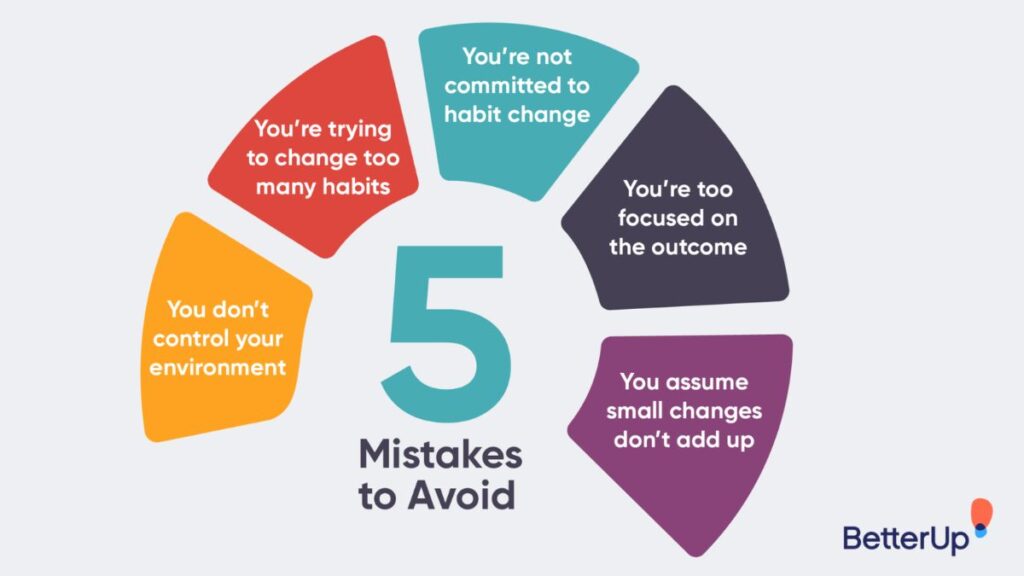In a world filled with distractions and challenges, the path to success often hinges on our daily habits. Developing effective daily practices can create a solid foundation for achievement, enabling individuals to reach their goals and realize their potential. This article explores the concept of habit formation, identifies essential daily practices that foster success, and offers strategies for implementing these habits in your life.
The Science of Habit Formation
Understanding the psychology behind habit formation is crucial for anyone looking to improve their daily routines. According to Charles Duhigg, author of “The Power of Habit,” habits consist of three components: the cue, the routine, and the reward. The cue triggers the habit, the routine is the behavior itself, and the reward reinforces the habit, encouraging repetition. This cyclical process explains why habits can become automatic over time.
Neuroscience also plays a significant role in habit formation. When we engage in a behavior repeatedly, our brains create neural pathways that make the action easier to perform. This means that the more we practice a habit, the more ingrained it becomes. Research shows that it takes an average of 66 days for a new habit to become automatic, though this can vary widely based on individual circumstances. Therefore, commitment and consistency are essential for building habits that lead to success.
The Importance of Goal Setting
Before diving into specific daily practices, it is important to highlight the role of goal setting in the journey towards achievement. Setting clear, measurable goals provides direction and motivation, making it easier to adopt daily habits that support these objectives. Goals should be specific, achievable, relevant, and time-bound (SMART), ensuring that they are realistic and attainable.
When setting goals, consider breaking them down into smaller, manageable tasks. This not only makes the overall goal less daunting but also allows for incremental progress, fostering a sense of accomplishment. For instance, if your ultimate goal is to run a marathon, begin by establishing a training schedule that includes shorter runs, gradually increasing distance over time. Celebrating these smaller milestones can enhance motivation and reinforce positive habits.
Daily Practices for Success
1. Establish a Morning Routine
The way you start your day can significantly impact your overall productivity and mindset. A structured morning routine sets a positive tone for the day and can enhance focus and efficiency. Consider incorporating practices such as meditation, exercise, and journaling into your morning routine.
Meditation, for instance, can help clear your mind and improve concentration, making it easier to tackle challenges throughout the day. A brief workout session not only boosts energy levels but also releases endorphins, promoting a positive outlook. Journaling can serve as a reflective practice, allowing you to articulate your thoughts, set intentions, and track your progress.
2. Prioritize Task Management
Effective time management is a hallmark of successful individuals. Developing a habit of prioritizing tasks can lead to enhanced productivity and a greater sense of accomplishment. Begin each day by creating a to-do list that outlines your key tasks and responsibilities.
The Eisenhower Matrix is a helpful tool for prioritization, categorizing tasks into four quadrants based on urgency and importance. By focusing on tasks that are both urgent and important first, you can ensure that critical responsibilities are addressed promptly. Additionally, consider implementing the Pomodoro Technique, which involves working in focused bursts followed by short breaks. This method can improve concentration and prevent burnout.
3. Cultivate a Growth Mindset
A growth mindset, as coined by psychologist Carol Dweck, emphasizes the belief that abilities and intelligence can be developed through dedication and hard work. Cultivating a growth mindset is crucial for overcoming obstacles and embracing challenges.
To foster a growth mindset, practice self-reflection by evaluating setbacks and failures as opportunities for growth. Instead of dwelling on mistakes, ask yourself what you can learn from the experience and how you can apply that knowledge moving forward. Surrounding yourself with positive influences, such as mentors and supportive peers, can also reinforce a growth mindset and motivate you to strive for excellence.
4. Embrace Lifelong Learning
Continuous learning is a vital practice for personal and professional development. Committing to lifelong learning not only expands your knowledge base but also enhances adaptability in an ever-changing world.
Incorporate reading into your daily routine, whether through books, articles, or podcasts. Aim to read at least a few pages each day to stimulate your mind and gain new perspectives. Online courses and workshops are also excellent resources for acquiring new skills or deepening your expertise in a particular area. Consider setting a goal to learn something new each month, allowing for continuous growth and development.
5. Foster Healthy Relationships
Building and maintaining healthy relationships is essential for emotional well-being and success. Positive social connections provide support, encouragement, and collaboration opportunities, all of which contribute to personal and professional achievement.
Make a habit of reaching out to friends, family, or colleagues regularly. Whether it’s a simple message, a phone call, or scheduling regular meet-ups, nurturing these relationships can help create a strong support network. Additionally, consider seeking out mentorship or joining professional organizations related to your field. Engaging with like-minded individuals can provide valuable insights and open doors to new opportunities.
6. Reflect and Adjust
Regular self-reflection is a critical component of personal growth. Taking the time to evaluate your progress, identify areas for improvement, and adjust your strategies can lead to enhanced effectiveness in your daily practices.
Set aside time each week to reflect on your achievements and challenges. Ask yourself questions such as: What went well this week? What obstacles did I encounter? How can I adjust my approach to overcome these challenges? This practice not only fosters accountability but also allows for continuous improvement and refinement of your daily habits.
Overcoming Obstacles to Habit Formation
While developing daily practices that lead to achievement is essential, it is equally important to recognize and address potential obstacles. Common challenges include procrastination, lack of motivation, and external distractions.
To combat procrastination, try breaking tasks into smaller steps and setting specific deadlines for completion. Establishing a reward system for completing tasks can also enhance motivation. If you find yourself struggling with distractions, create a dedicated workspace that minimizes interruptions and encourages focus. Consider implementing technology tools that block distracting websites or apps during designated work periods.
Conclusion
Building habits for success is a transformative journey that requires dedication, consistency, and a willingness to adapt. By incorporating daily practices that prioritize goal setting, time management, continuous learning, and healthy relationships, you can create a solid foundation for achievement. Remember that habit formation is a gradual process, and setbacks are a natural part of the journey. Embrace the challenges, reflect on your progress, and remain committed to your goals. With persistence and the right daily practices, you can unlock your full potential and achieve lasting success.






